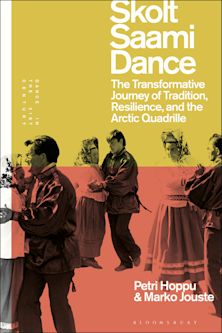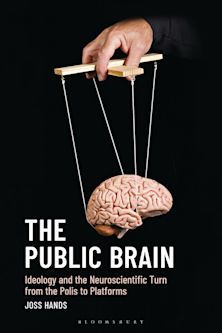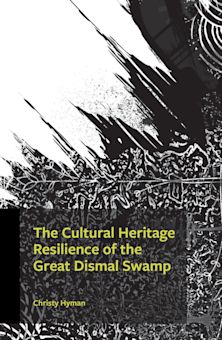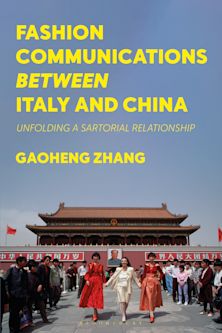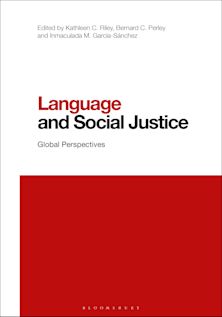- Home
- ACADEMIC
- Anthropology
- Cultural Anthropology
- Hidden Interests in Credit and Finance
Hidden Interests in Credit and Finance
Power, Ethics, and Social Capital across the Last Millennium
Hidden Interests in Credit and Finance
Power, Ethics, and Social Capital across the Last Millennium
This product is usually dispatched within 2-4 weeks
- Delivery and returns info
-
Flat rate of $10.00 for shipping anywhere in Australia
You must sign in to add this item to your wishlist. Please sign in or create an account
Description
In this book, James B. Greenberg and Thomas K. Park take an anthropological approach to the economic history of the past one thousand years and define credit as a potentially transformative force involving inequalities. Traveling through the Mediterranean and Europe, from the medieval period to the modern day, Greenberg and Park reorient financial history and position social capital and ethical thought at its center. They examine the multicultural origins of credit and finance, from banking to credit cards and predatory lending to the collapse of global credit markets in 2007–2008. This book is recommended for scholars of anthropology, history, economics, religion, and sociology.
Table of Contents
Chapter 2: Credit and Faith in Medieval Iberia: The Road not Taken
Chapter 3: Early European Finance 1050–1650
Chapter 4: Transcending Feudal Finance in Western Europe
Chapter 5: Mercantile Credit and the Atlantic Slave Trade
Chapter 6: Chayanov, Marx, and hidden interests in Rural Morocco
Chapter 7: Ethnicity and Social Capital in 1970s Sefrou
Chapter 8: Problematizing Modern Consumer Credit
Chapter 9: An Anthropology of the 2008 Credit Crisis
Conclusion: Hidden Interests and the Development of Finance
Product details
| Published | 23 May 2019 |
|---|---|
| Format | Paperback |
| Edition | 1st |
| Extent | 330 |
| ISBN | 9781498545808 |
| Imprint | Lexington Books |
| Illustrations | 2 BW Illustrations, 6 Maps, 8 Tables |
| Dimensions | 225 x 154 mm |
| Publisher | Bloomsbury Publishing |
About the contributors
Reviews
-
This compelling account of the long history of credit and its animating ideas over the past thousand years convincingly shows that the symbolic, moral and social entailments of finance have always sat alongside its abstraction. Excavating the former provides a necessary perspective on the obscurantism and often dangerous persuasiveness, particularly in the present era, of the latter.
Bill Maurer, University of California, Irvine
-
This monumental work reminds us that credit and debt are social and personal relationships made up of mutual dependency, ethical obligations, and the distribution of benefits. Park and Greenberg integrate a masterful study of the deeply religious dimensions of economic thought and practice in the Mediterranean and northern Europe over the last two millennia with granular treatments of merchants in Morocco, the Atlantic slave trade, consumer debt in England, and the 2008 financial meltdown. The result is piercing anthropological brilliance that eliminates any shadow of a doubt that social inequality is a social and cultural construction, and provides a range of tools for understanding the particular and general forms that it takes, past and present. The argument that ethical social relations are at the heart of our economy charts a path to a more human engagement with each other and with our planet.
Casey Walsh, University of California Santa Barbara














